Top 10 Online Teaching Tools Every Educator Should Use in 2025
Introduction
Online teaching tools have revolutionized the way educators approach learning, offering solutions that address modern challenges in classrooms. In an age where students are digital natives, these tools provide ways to meet them where they are. Beyond convenience, they are transforming education to be more accessible, equitable, and innovative.
While traditional teaching methods have their merits, online teaching tools bridge gaps that conventional methods cannot always fill. They offer the flexibility to adapt to diverse learning needs, something crucial in today’s interconnected world. Here are some reasons why online teaching tools have become indispensable in education today:
- They simplify time-consuming tasks. Automating lesson planning, grading, or creating quizzes allows teachers to save tons of hours just for work prep alone.
- They make learning engaging. Interactive quizzes, gamification, and multimedia presentations keep students motivated and eager to learn.
- They support diverse learners. Tools can cater to different paces, abilities, and even special needs, ensuring no student is left behind.
Top Online Teaching Tools for Modern Classrooms
| Tool Name | Primary Purpose | Key Features | Best For |
|---|---|---|---|
| Edcafe AI | Interactive AI content generation | Content generators for instructional planning, interactive assessments, chatbots, AI grader, collaborative hub | Teachers needing versatile AI for planning, quizzes, and student interaction |
| ClassPoint | Engaging PowerPoint presentations | Interactive quizzes, gamification, My Classes for classroom management, AI quiz generator | Educators aiming to make PowerPoint lessons interactive and data-driven |
| Brisk | Simplified teaching workflows and presentations | Admin work support, classroom prep automation, integration with Google Drive and Microsoft 365 | Teachers looking for efficiency and time-saving AI |
| Baamboozle | Fun class games and quizzes | Pre-made customizable games, team activities, no login required for students | Quick engagement activities and energizing lessons |
| ClassDojo | Classroom behavior management and parent communication | Award points for behavior, SEL support, updates and progress sharing | Building positive classroom culture and strong parent-teacher communication |
| Mizou | Chatbot creation for education | No coding required, tailored chatbots for tasks like answering queries | Schools looking to automate communication in online or hybrid learning environments |
| ElevenLabs | Advanced text-to-speech features | Lifelike audio, multilingual support, customizable tones | Enhancing accessibility for visually impaired students or creating engaging audio resources |
| Quill | Writing skills improvement | Interactive lessons, sentence-combining exercises, diagnostic tools | Supporting grammar and writing development for English learners and younger students |
| Creately | Visual collaboration and whiteboarding | Real-time whiteboard editing, wide range of templates, drag-and-drop functionality | Hybrid or remote learning with a focus on visual aids and teamwork |
| Epic! | Digital library of books and audiobooks | Thousands of books and videos, tailored collections, progress tracking | Encouraging reading in hybrid or self-paced learning environments |
1. Edcafe AI – For Interactive AI Content Generation
More than just a generative AI, Edcafe AI stands out as an interactive AI tailored specifically for educators, offering practical and impactful solutions for modern classrooms.
What sets Edcafe AI apart is its robust, user-centric design, which makes it a go-to tool for educators looking to streamline their workflows. It empowers teachers with specialized tools for instructional planning, material generation, interactive assessments, and even building AI-driven chatbots.
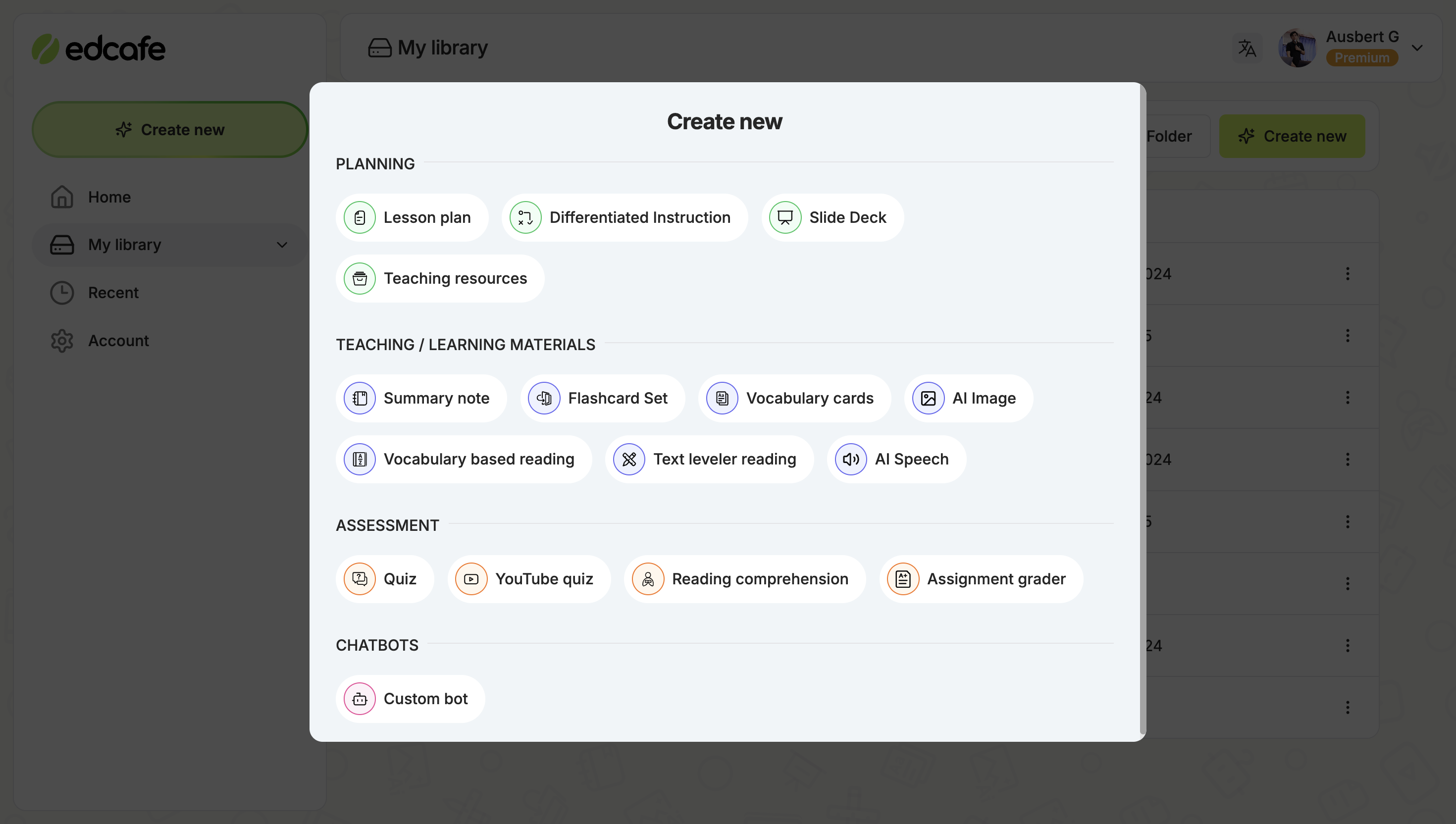
Key Features That Make Edcafe AI a Teacher’s Best Ally:
- Prompting Made Easy: Unlike many generative AIs that require advanced prompt engineering skills, Edcafe AI features guided fields. These fields allow even those new to AI to produce high-quality, customized outputs with minimal effort.
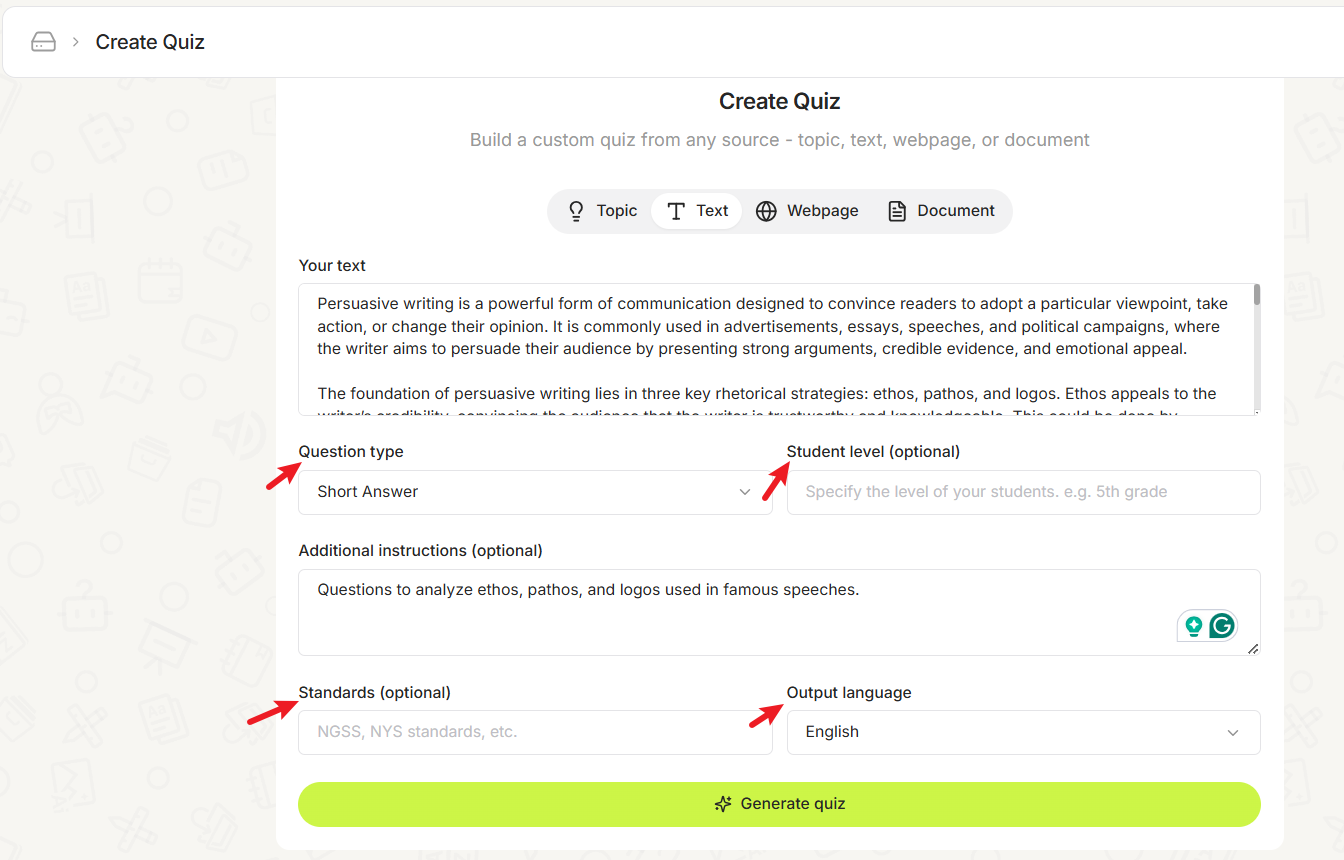
- Alignment with Instructional Objectives: Teachers can align lesson plans and instructional materials to state standards, adapt for special student needs, and incorporate custom instructions to ensure content meets their specific objectives.
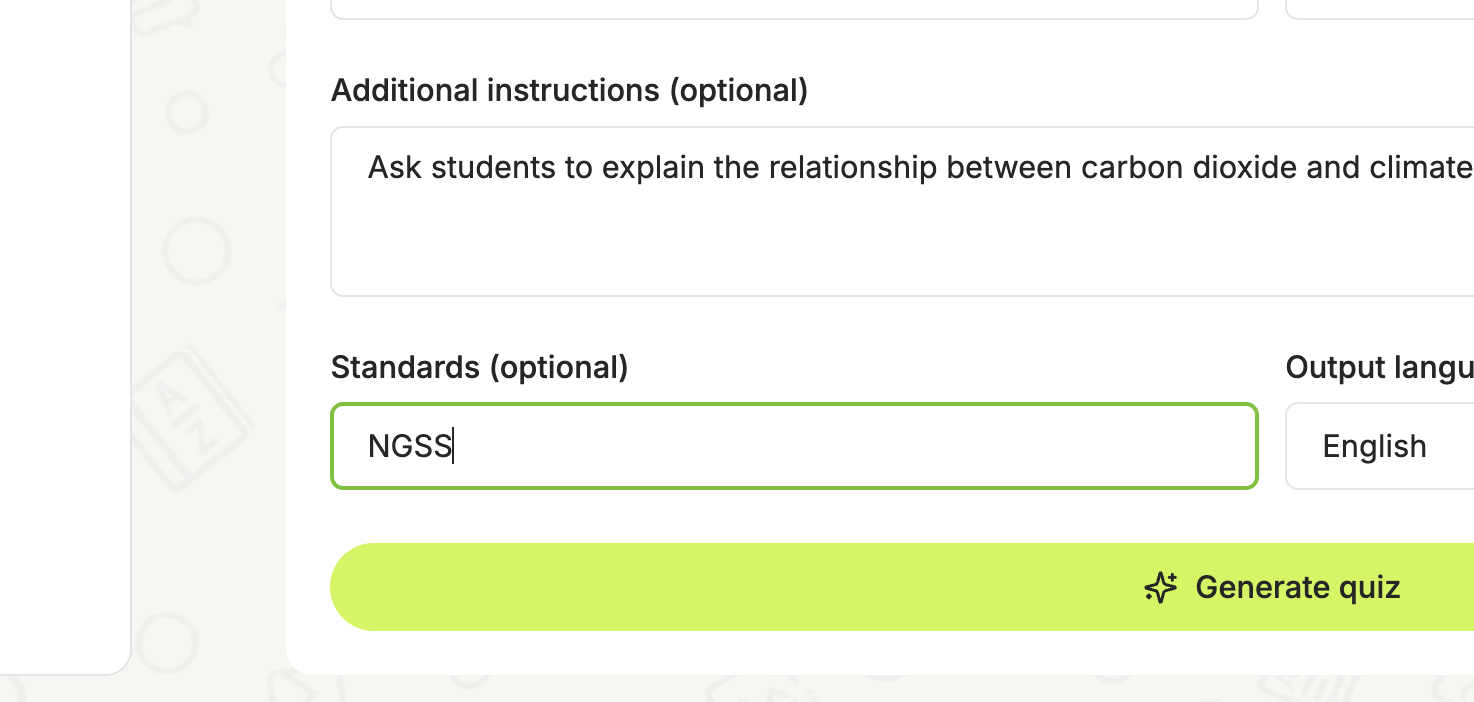
- AI That Directly Interacts With Students: With Edcafe AI, teachers can create interactive materials that students can access instantly on their devices through a simple QR code—perfect for both in-class and asynchronous learning. This unique feature sets Edcafe AI apart from other EdTech tools.
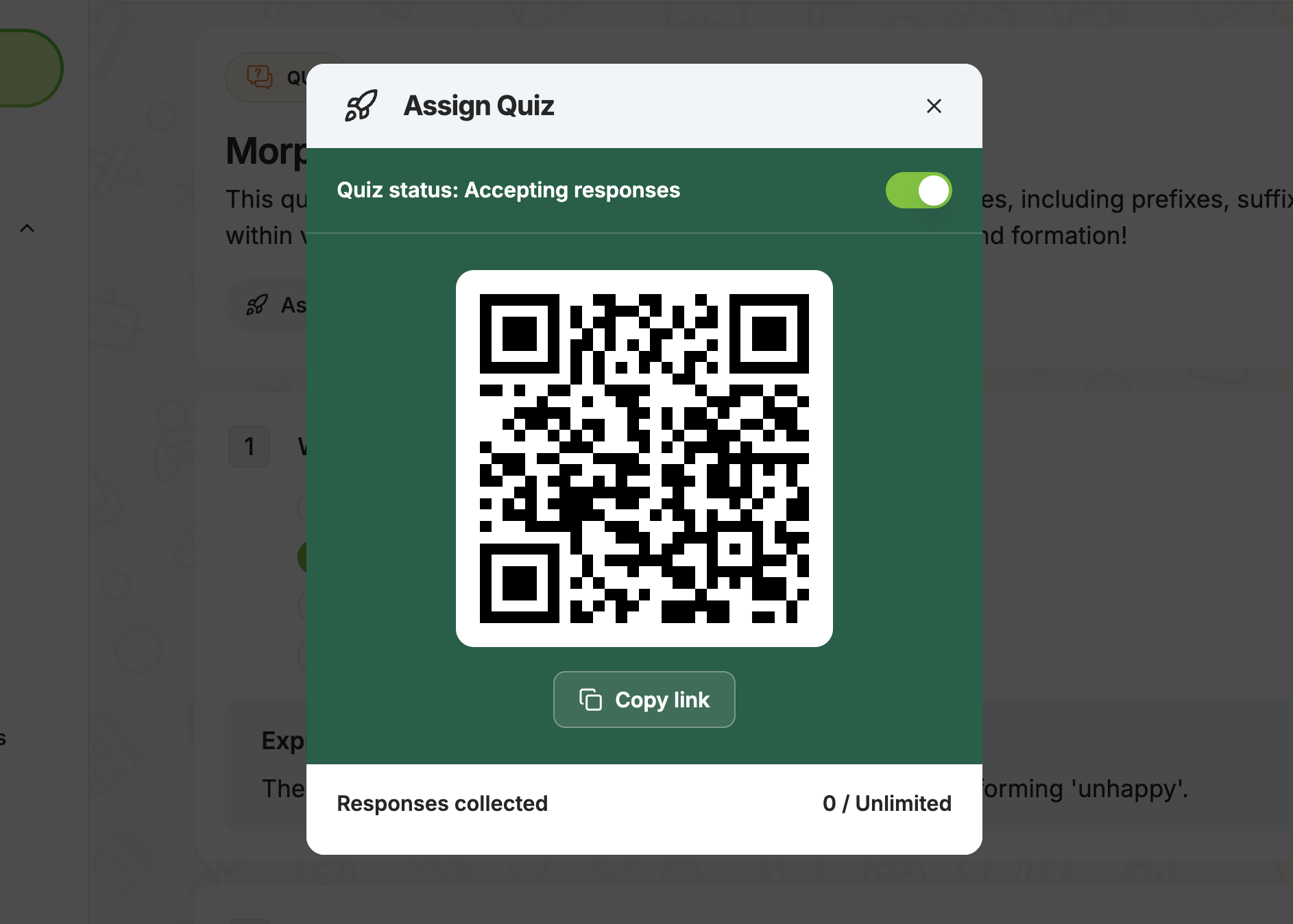
- Upload Your Own Knowledge: Whether pulling information from documents, websites, text, or even YouTube videos, Edcafe AI turns existing knowledge into actionable teaching content.
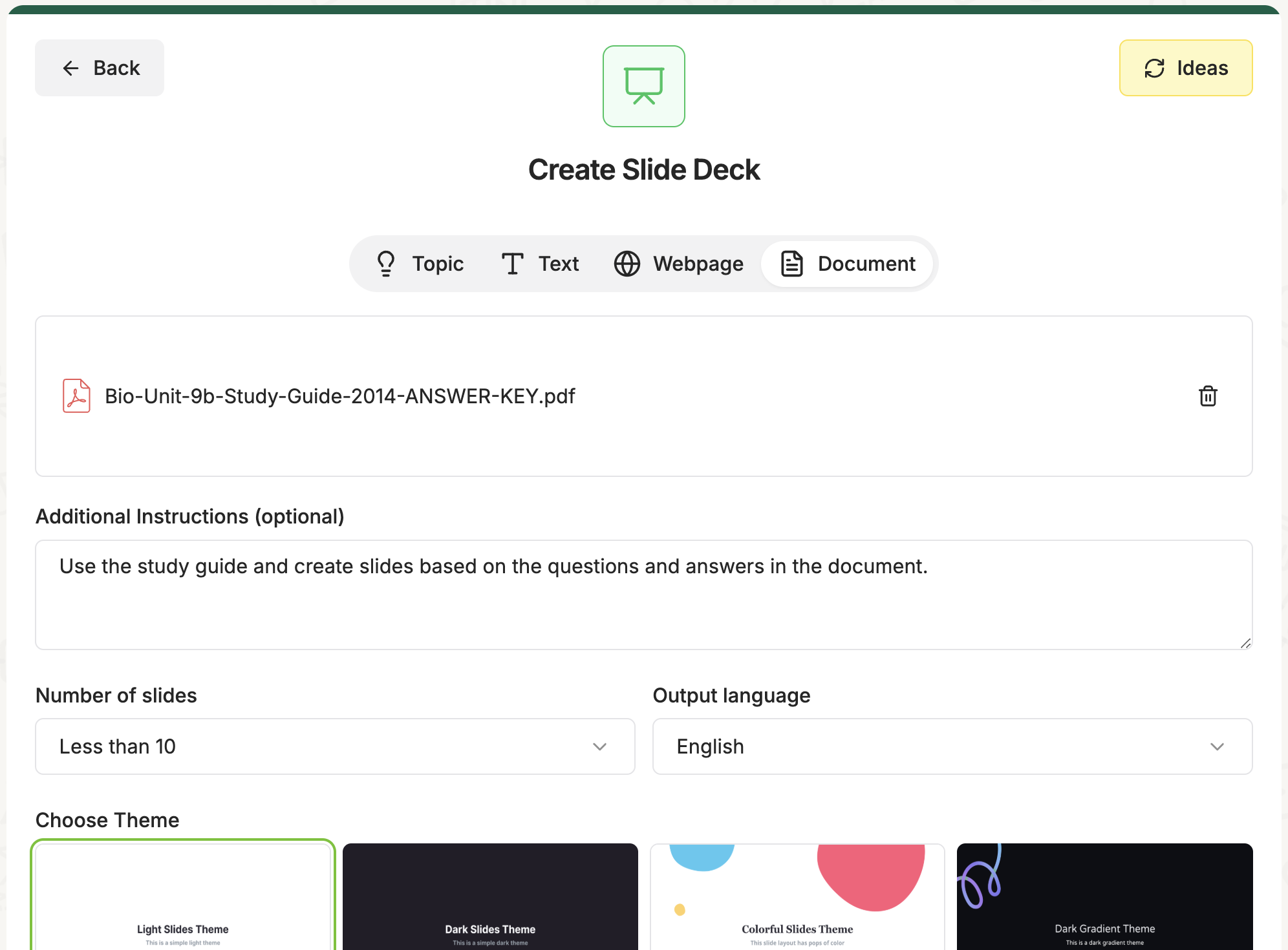
- Seamless Organization and Collaboration: Its built-in Google Drive-like hub lets teachers store, organize, and share teaching materials effortlessly. Colleagues can duplicate shared resources as templates, fostering collaborative teaching.
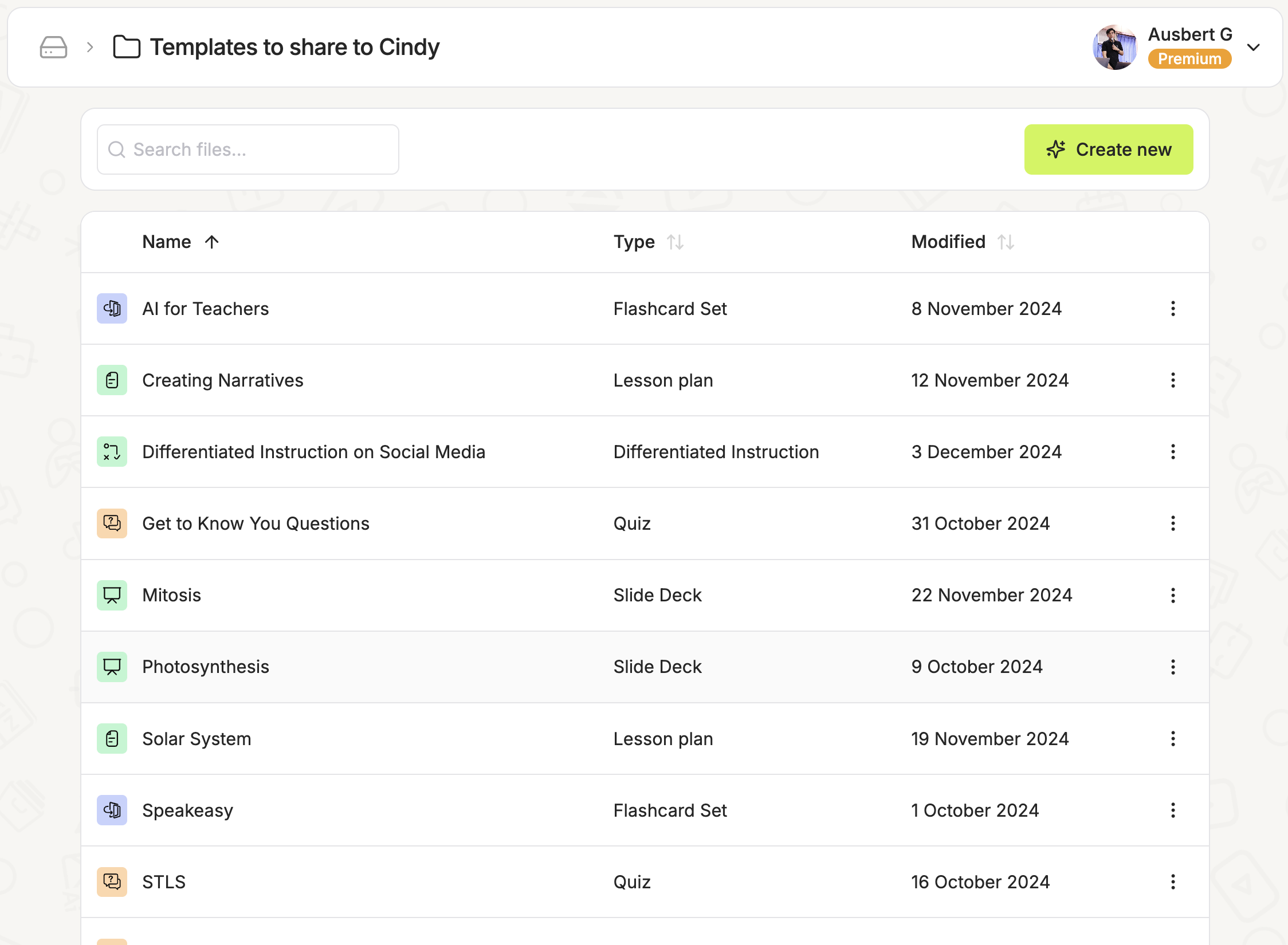
Most Popular Features:
Edcafe AI boasts an impressive array of tools designed to support every stage of teaching. Among the most loved are:
- Lesson Plan Generator
- AI Slides Generator
- Teaching Resources Finder
- AI Quiz Maker
- Assignment Grader
- Custom AI Chatbot
- AI Flashcards Maker
Edcafe AI truly redefines what a teaching assistant can be, integrating the latest advancements in AI with the real-world needs of educators.
data-title="Get started with Edcafe AI for free"
data-description="Create AI lesson plans, slides, flashcards, images, chatbots, and more in seconds. Sign up for a forever free account today."
data-product="edcafe"
>
2. ClassPoint – For Engaging PowerPoint Presentations
True to its name, ClassPoint brings your classroom directly into PowerPoint, transforming the traditional slide deck into an interactive and dynamic teaching experience. Fully integrated into Microsoft PowerPoint, it offers a seamless way to enhance your presentations and engage your students like never before.
What Makes ClassPoint Stand Out:
- Interactive Quizzes and Polls: Add interactive elements such as multiple-choice questions, short answers, or even multimedia uploads directly into your slides.
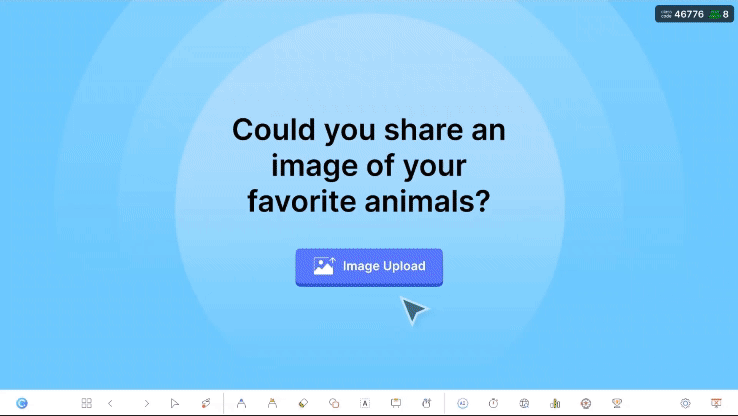
- Gamification for Engagement: ClassPoint’s gamified approach keeps students motivated through a star system, badges, levels, and a leaderboard.
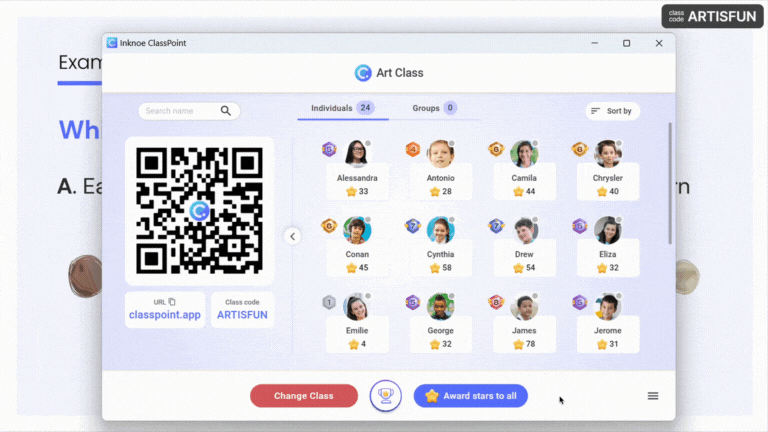
- Enhanced Presentation Tools: Features like the Wheel of Names, a ticking timer, and drag-and-drop functionality make everyday lessons more engaging and interactive. These tools are perfect for both spontaneous classroom moments and planned activities.
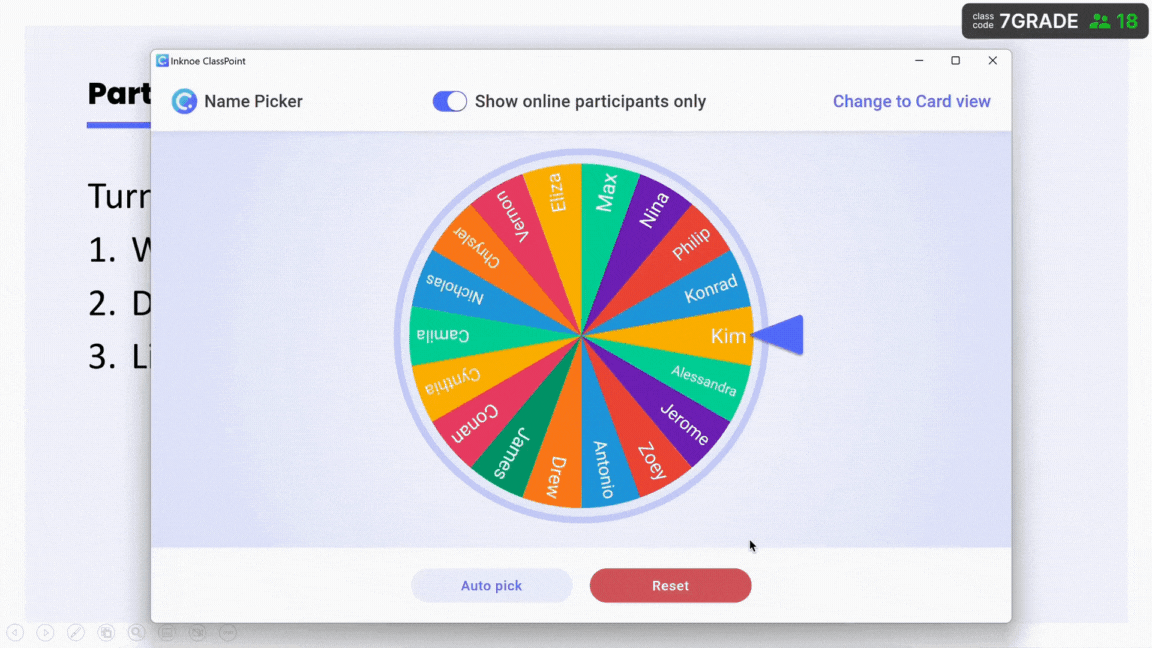
- AI Quiz Maker: For teachers pressed for time, ClassPoint’s AI quiz maker quickly generates high-quality quizzes aligned with your existing slide content.
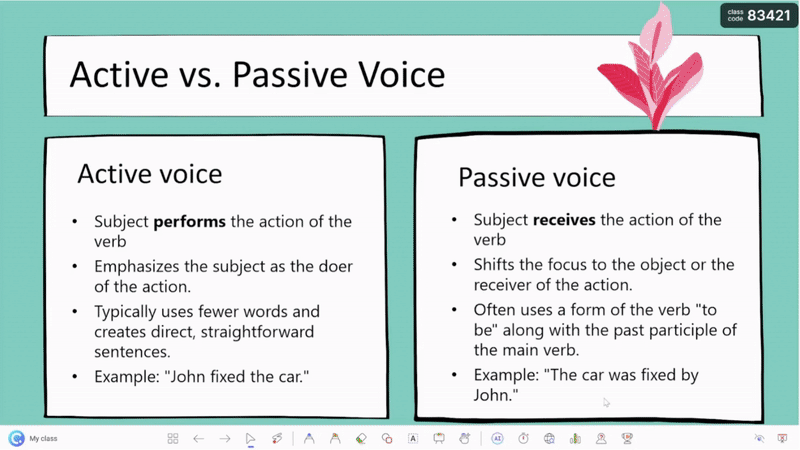
ClassPoint goes further by offering My Classes, a powerful feature for classroom management. Teachers can save active student data, manage multiple classes, and even track progress directly within PowerPoint. Paired with detailed quiz and session reports available via its standalone web app, ClassPoint provides actionable insights to guide teaching decisions.
data-title="Try ClassPoint for Free"
data-description="800,000+ educators and professionals use ClassPoint to boost audience engagement right inside PowerPoint."
data-cta-text=""
data-cta-link="">
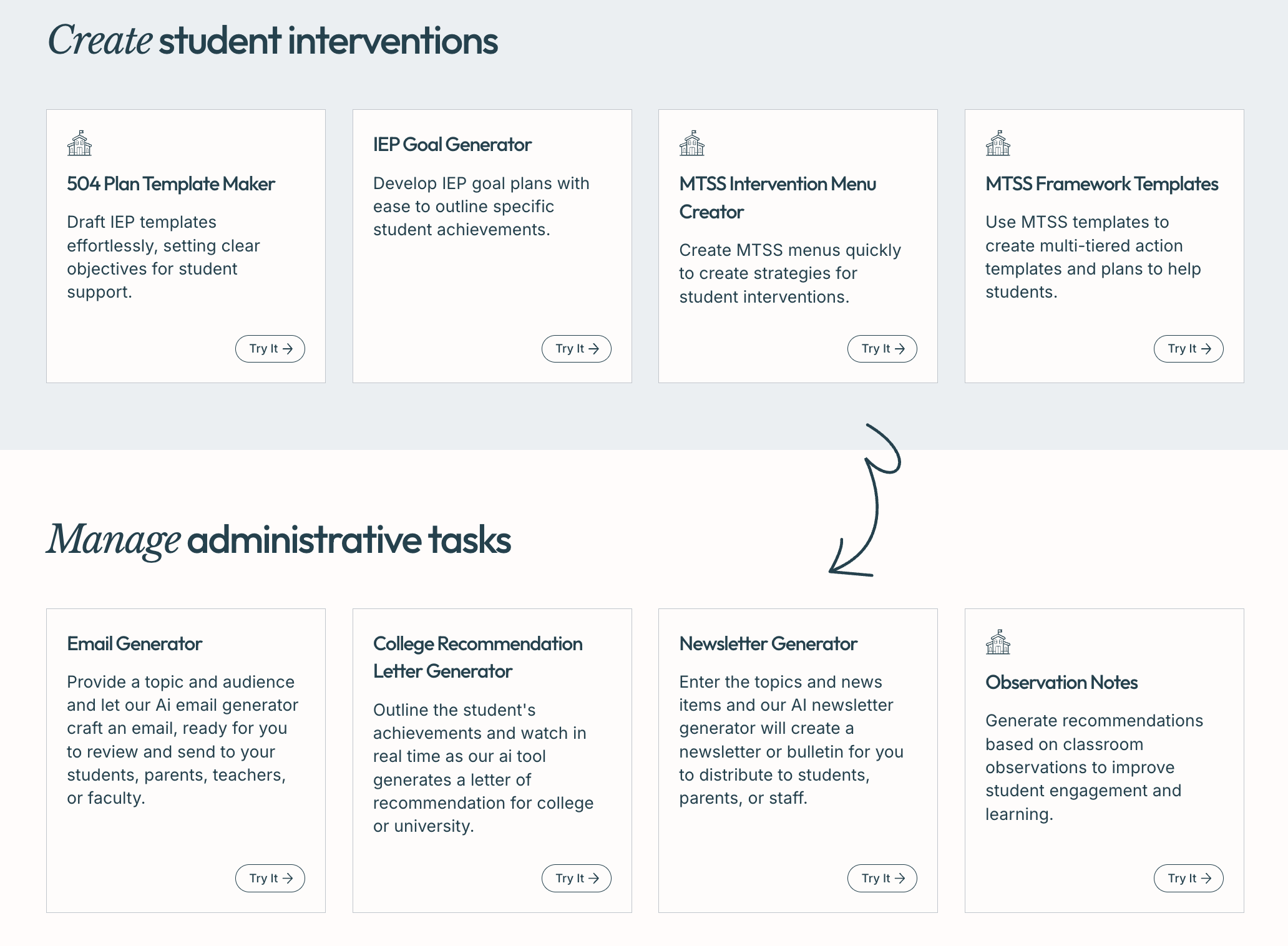
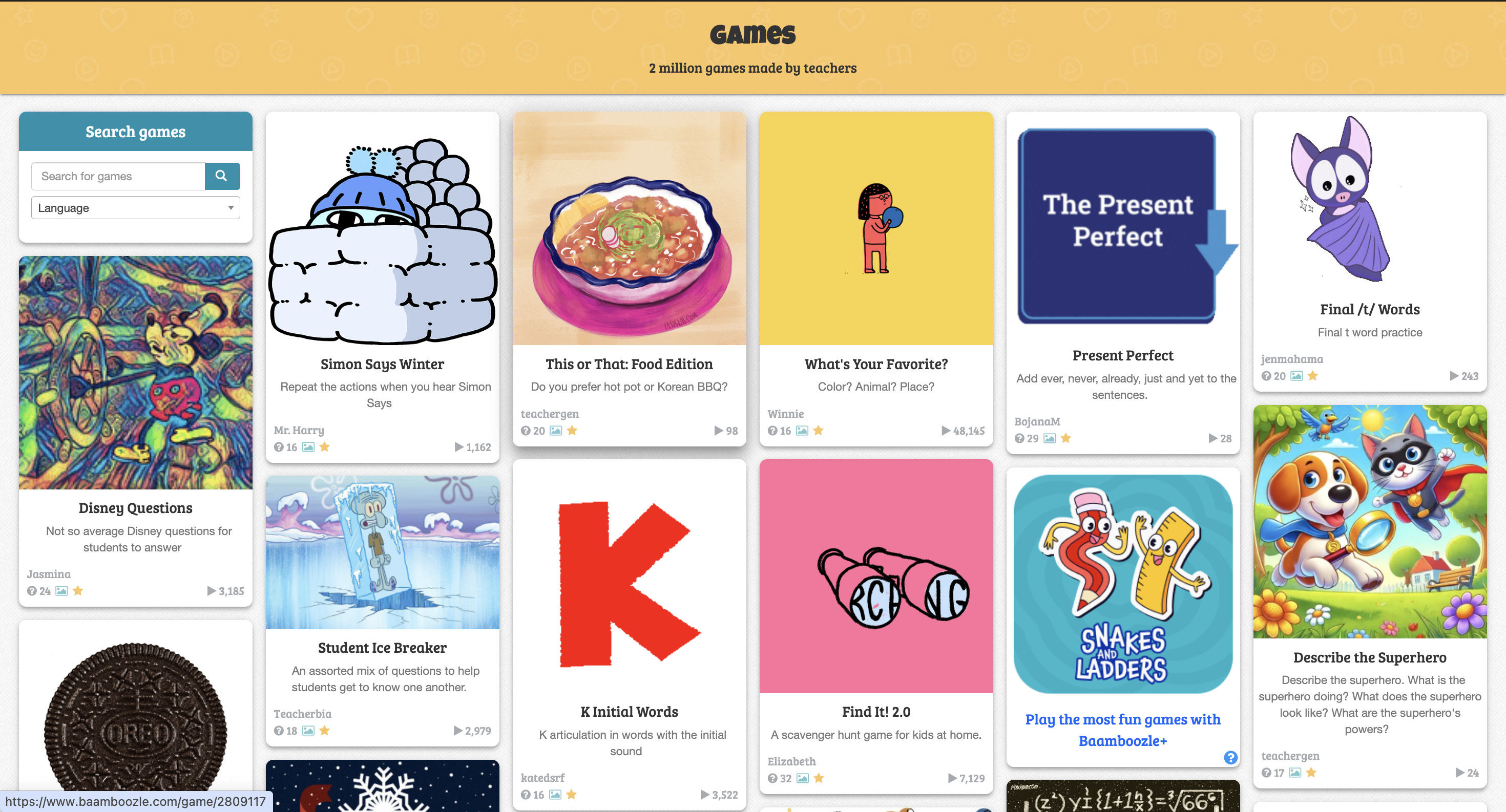
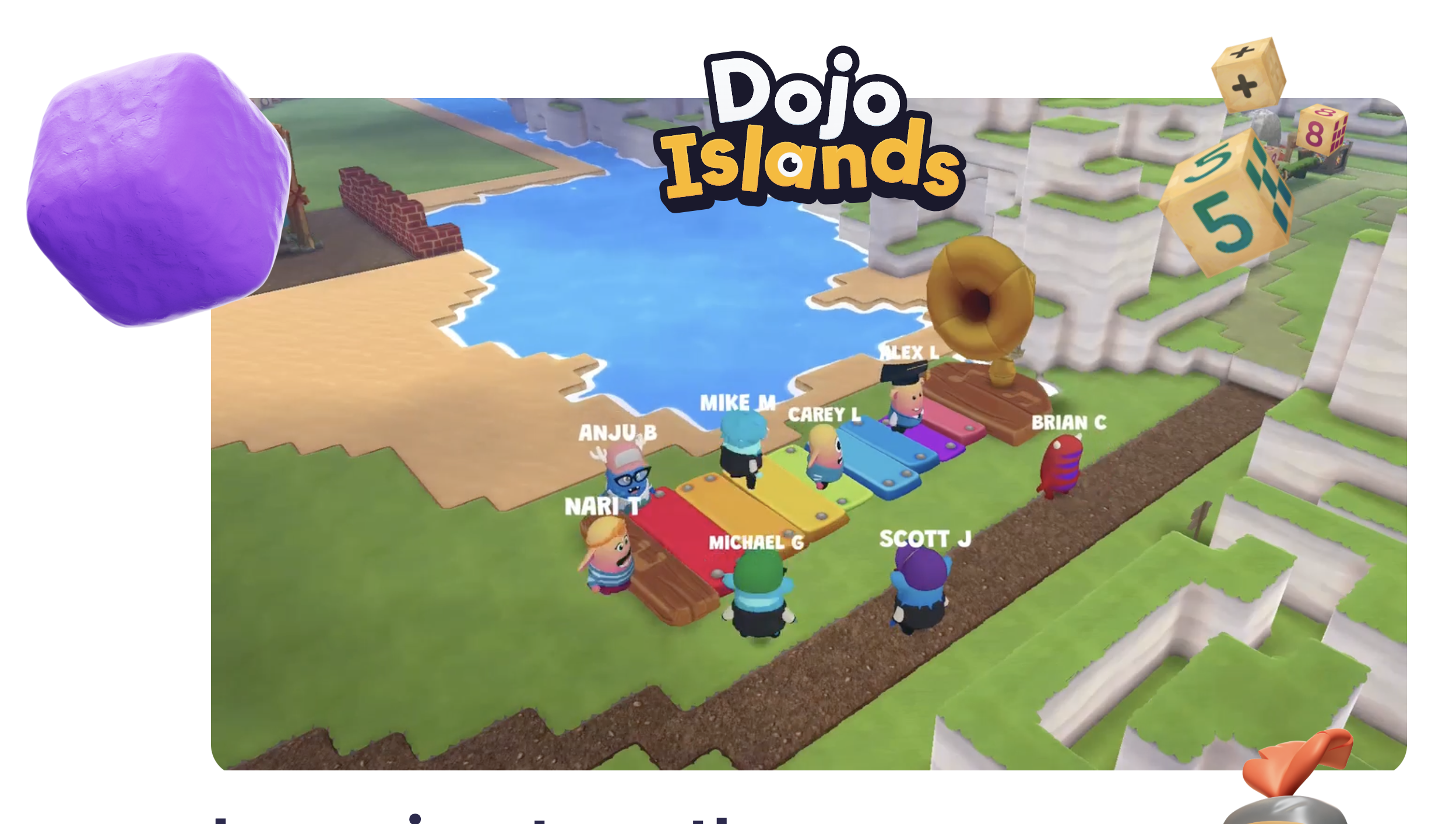
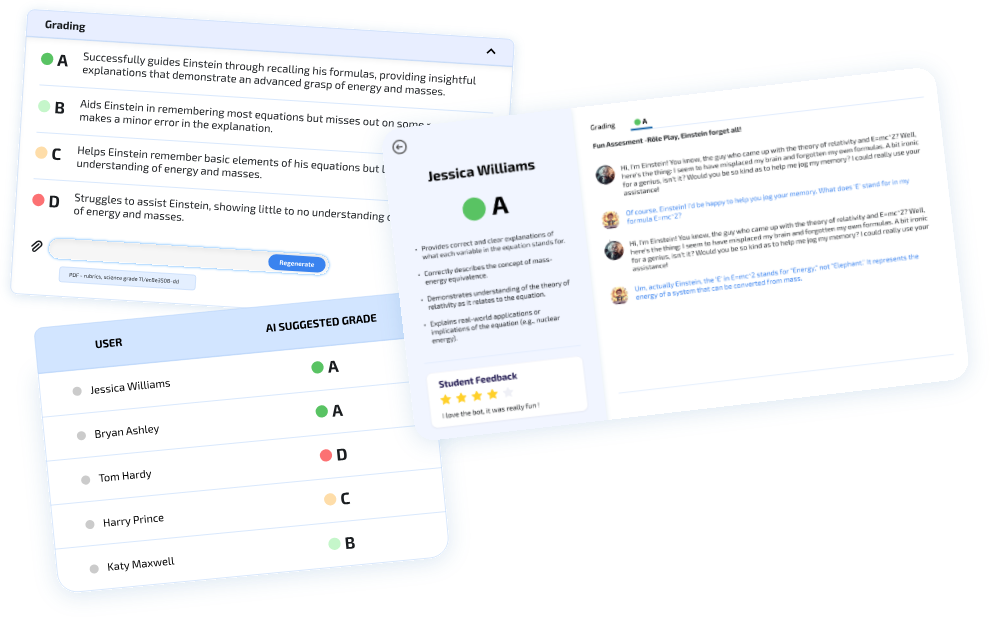
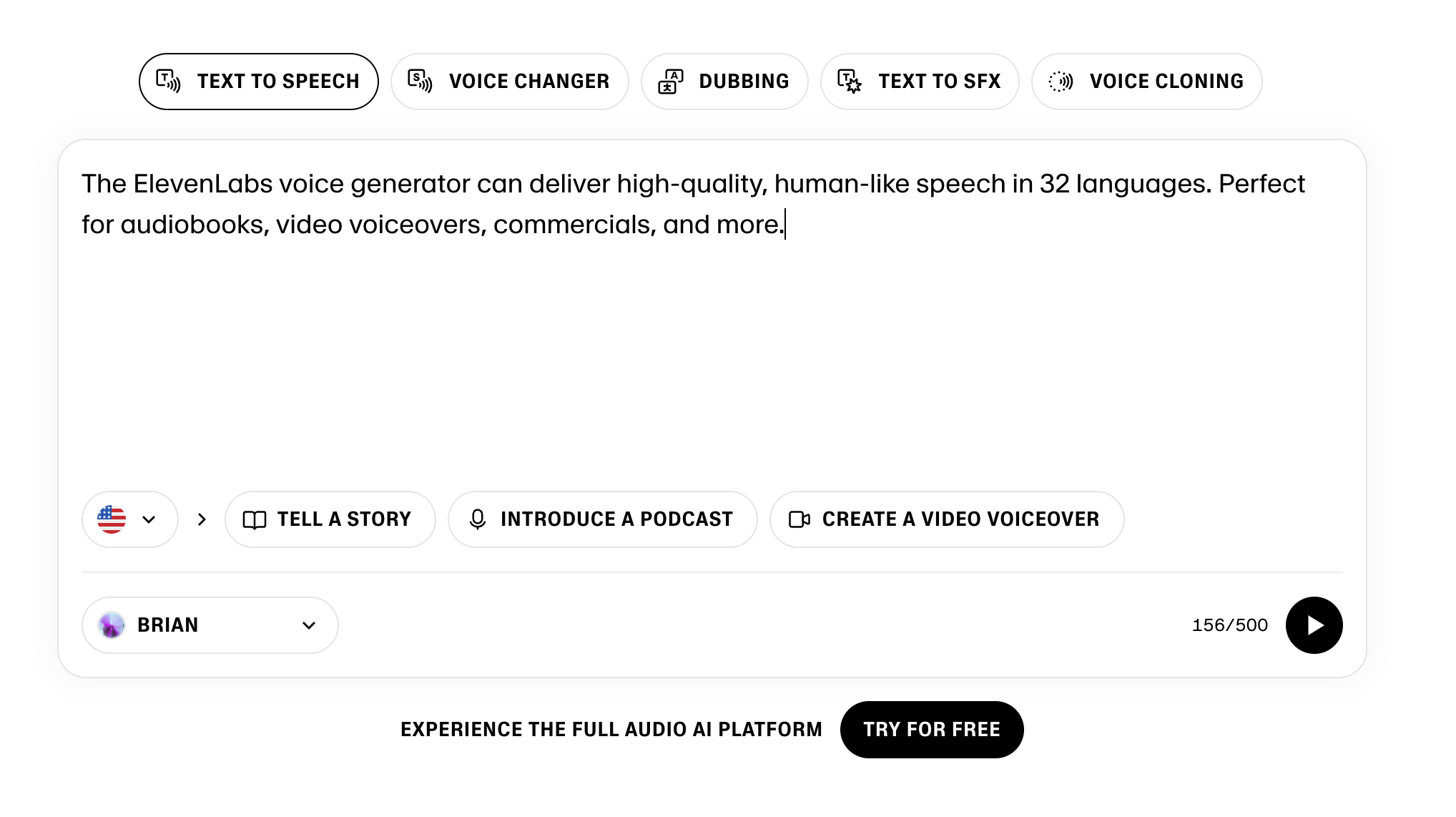
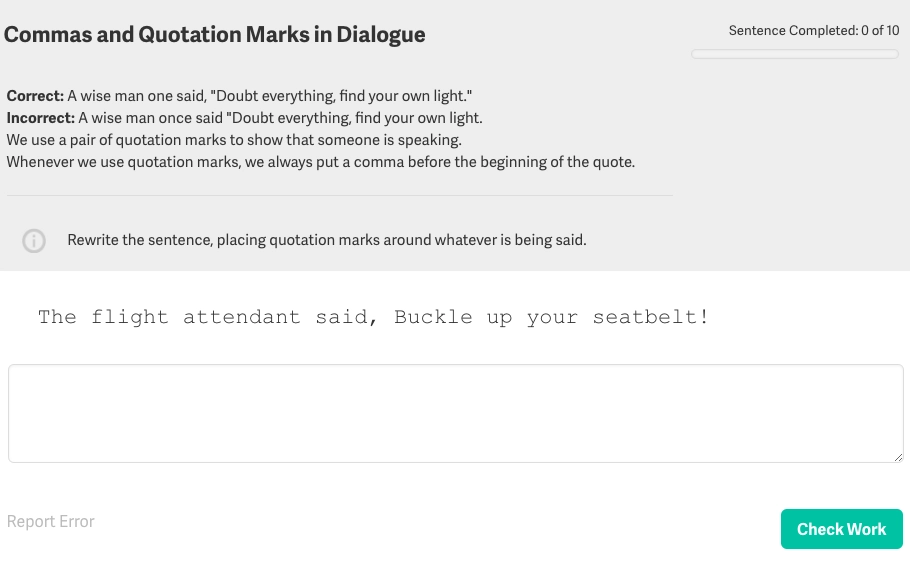
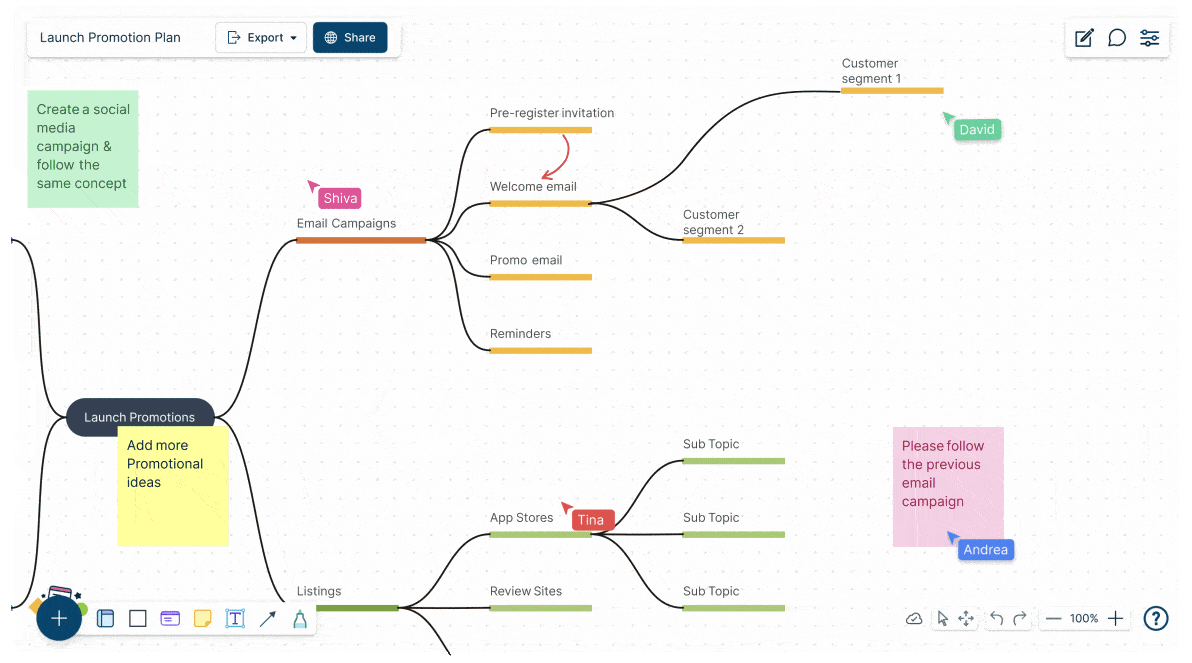
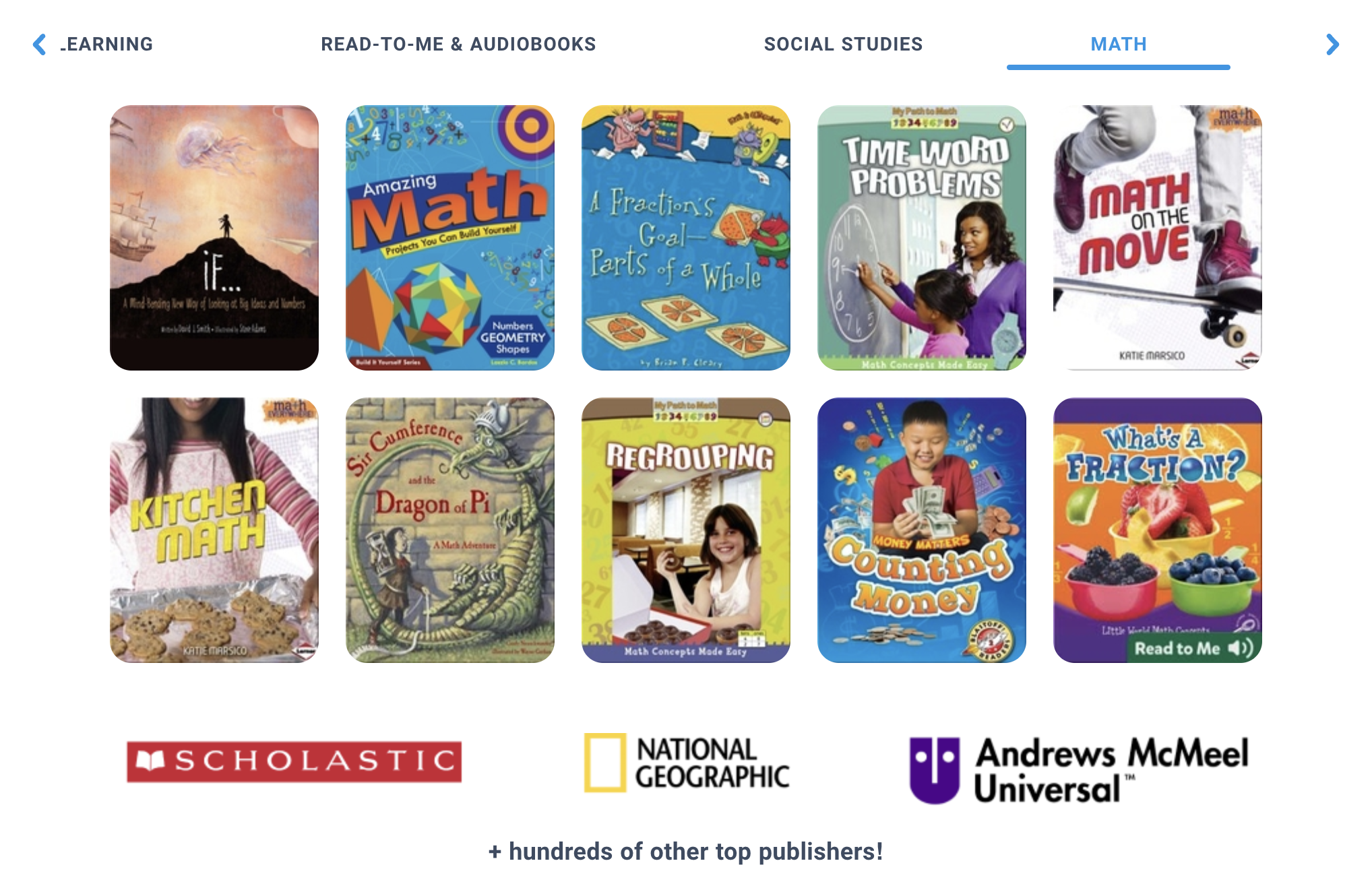
Comments
Post a Comment